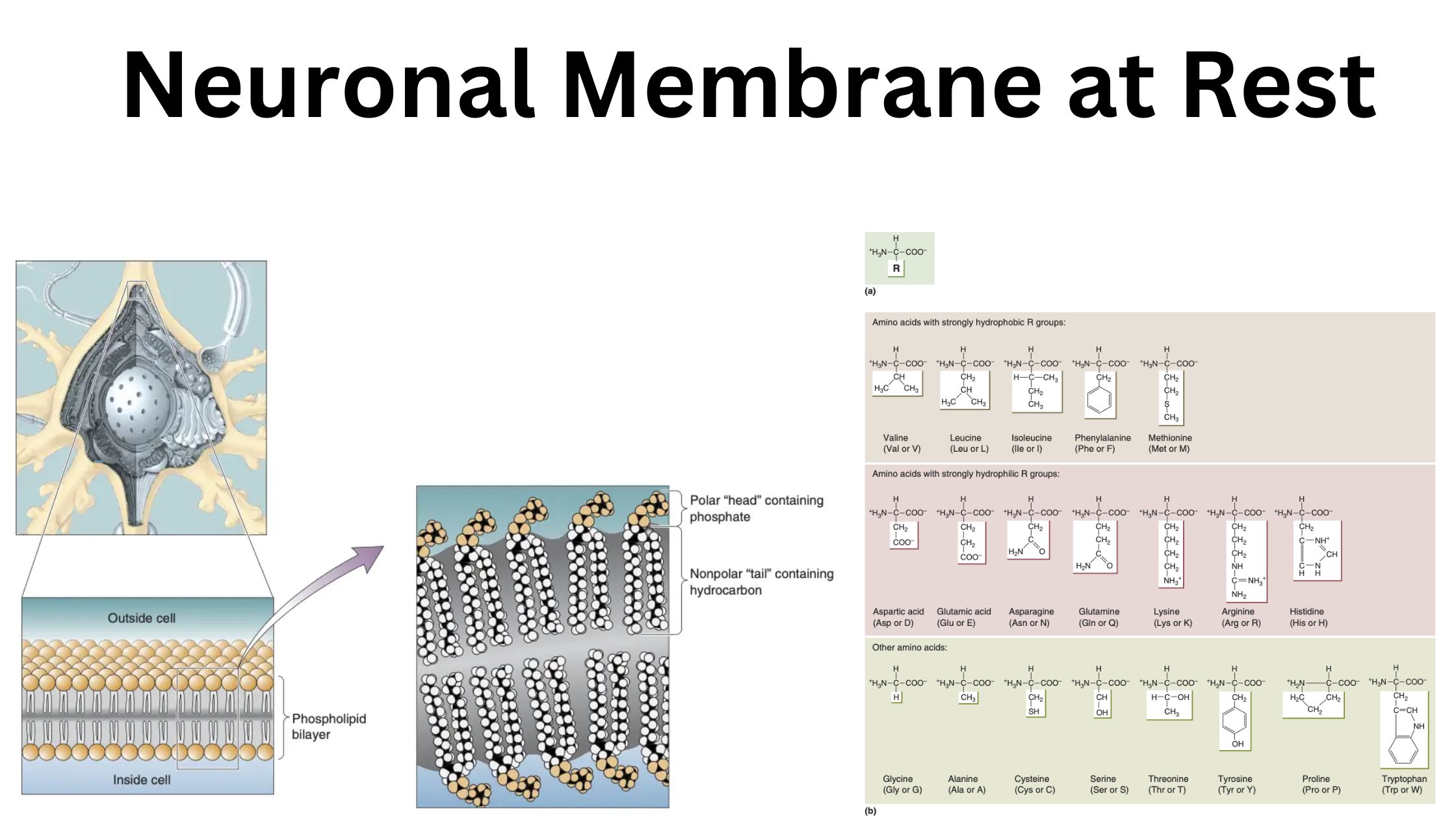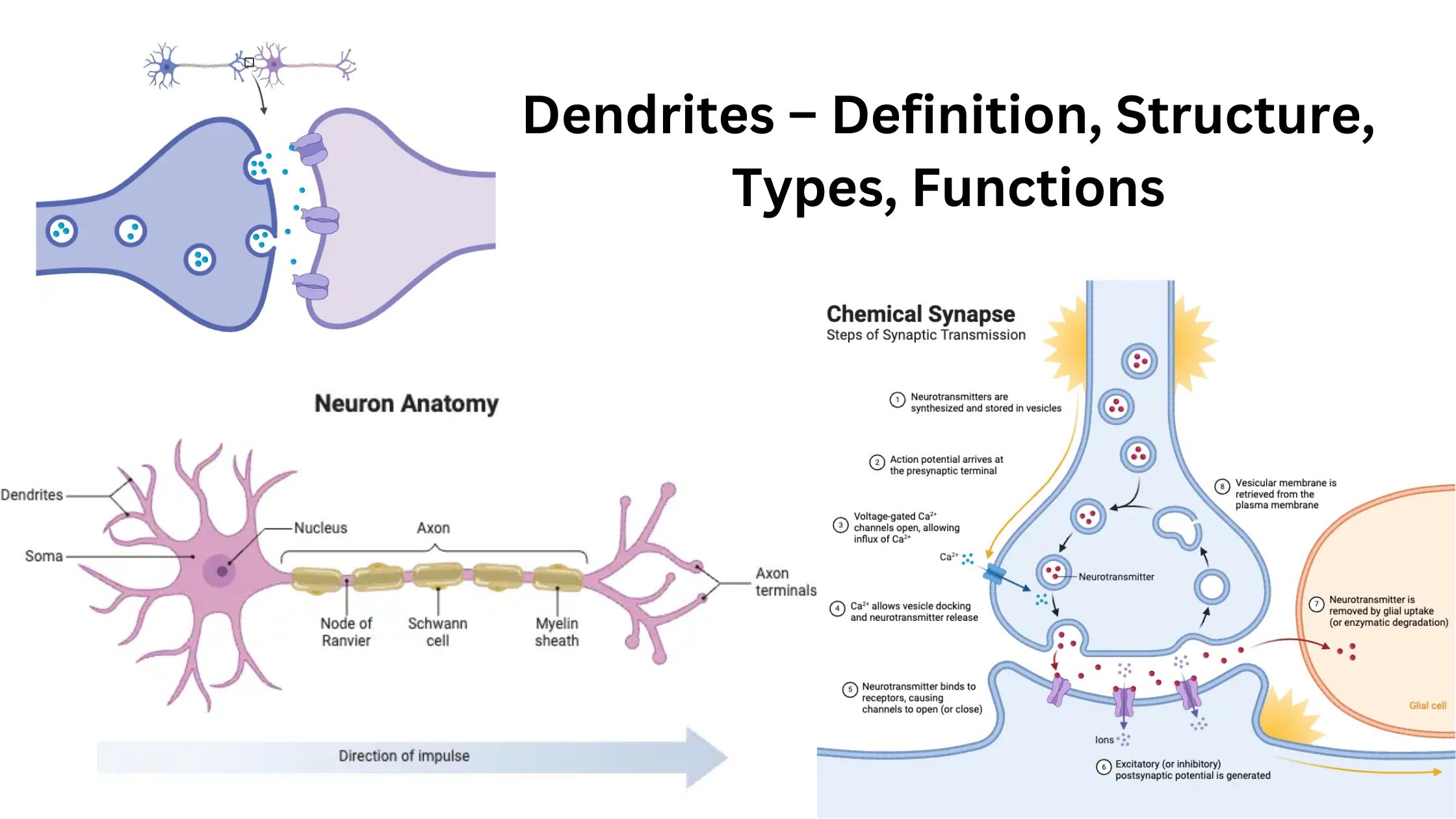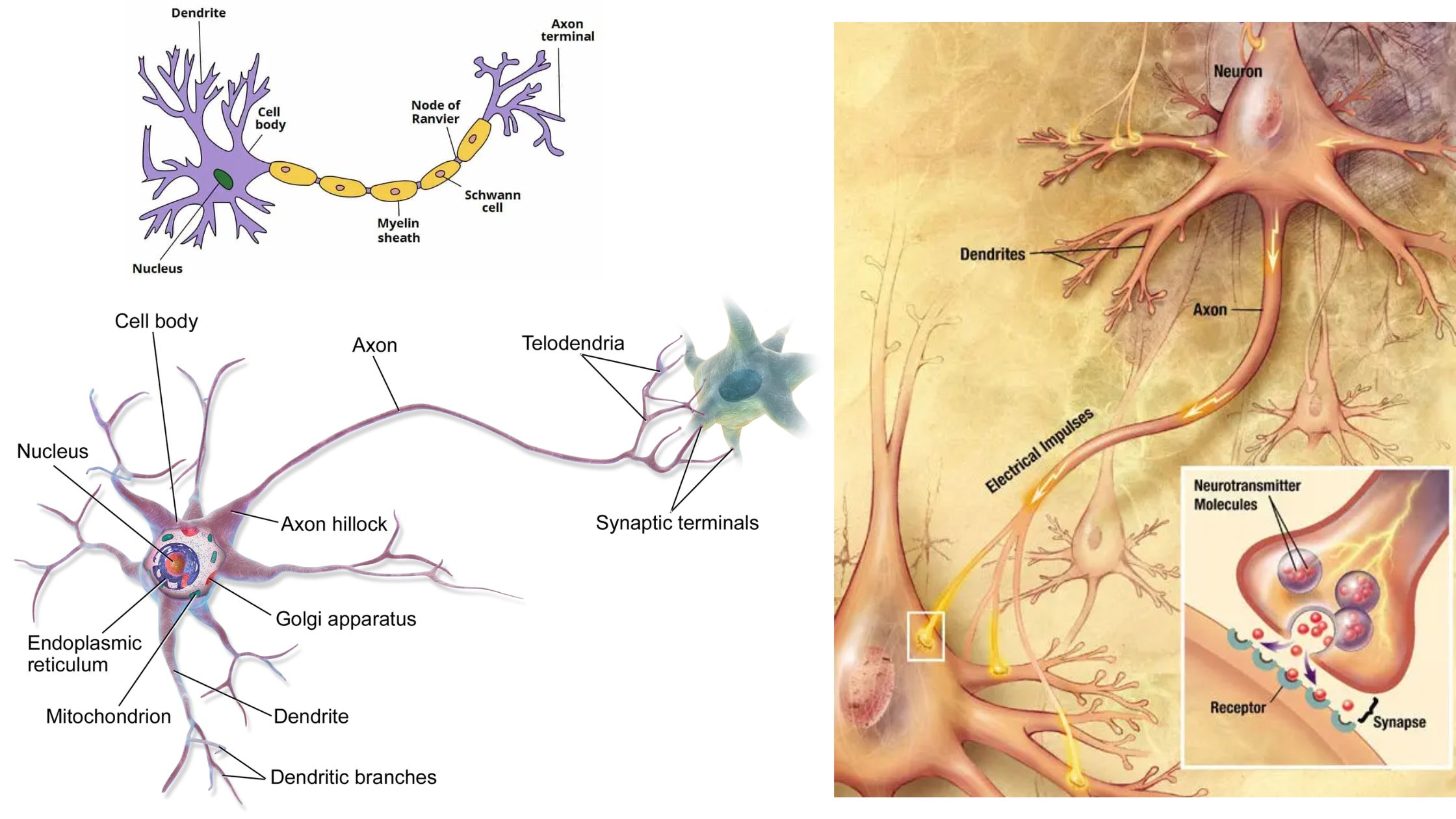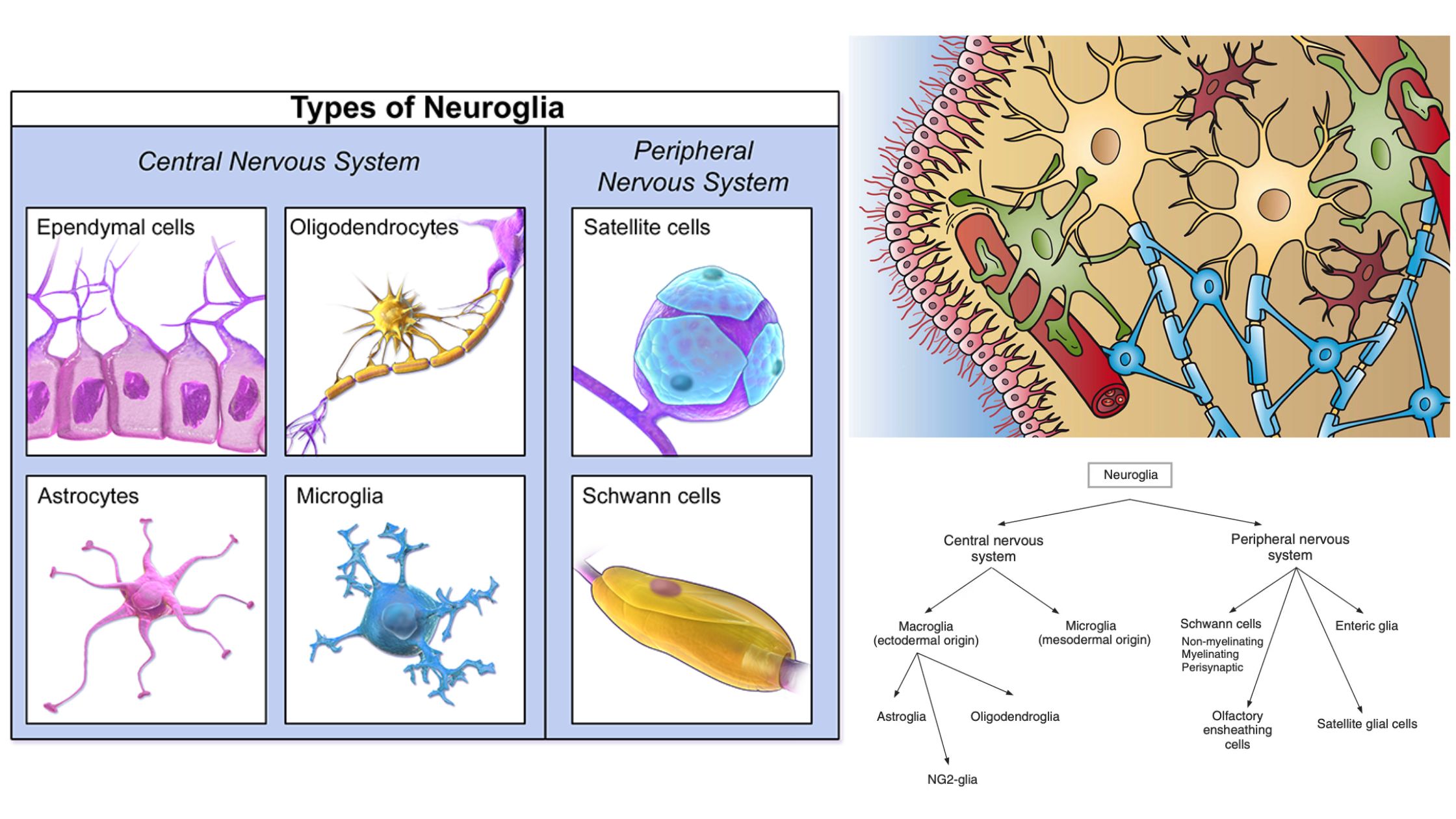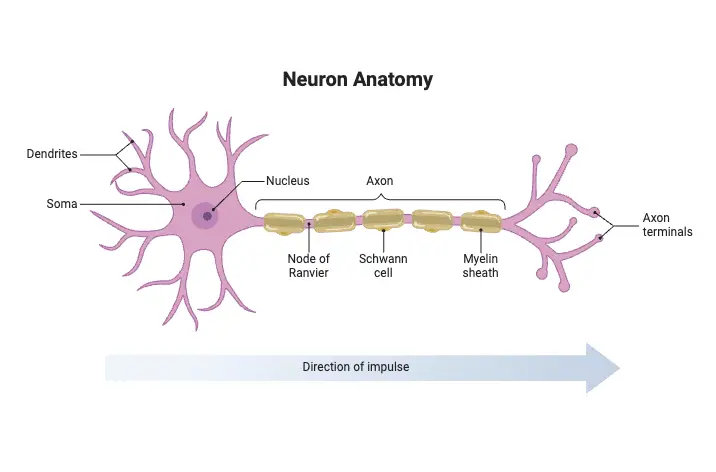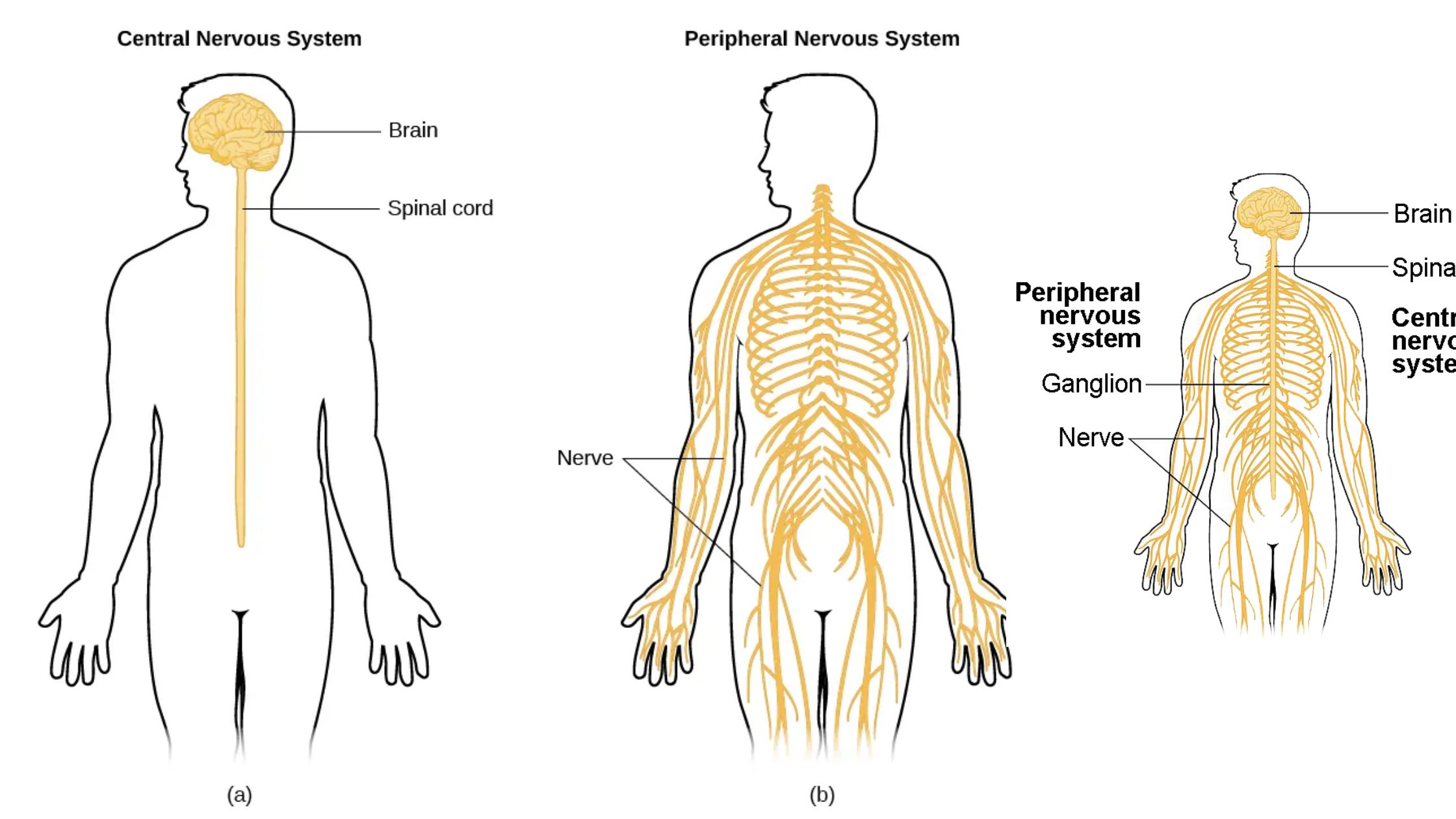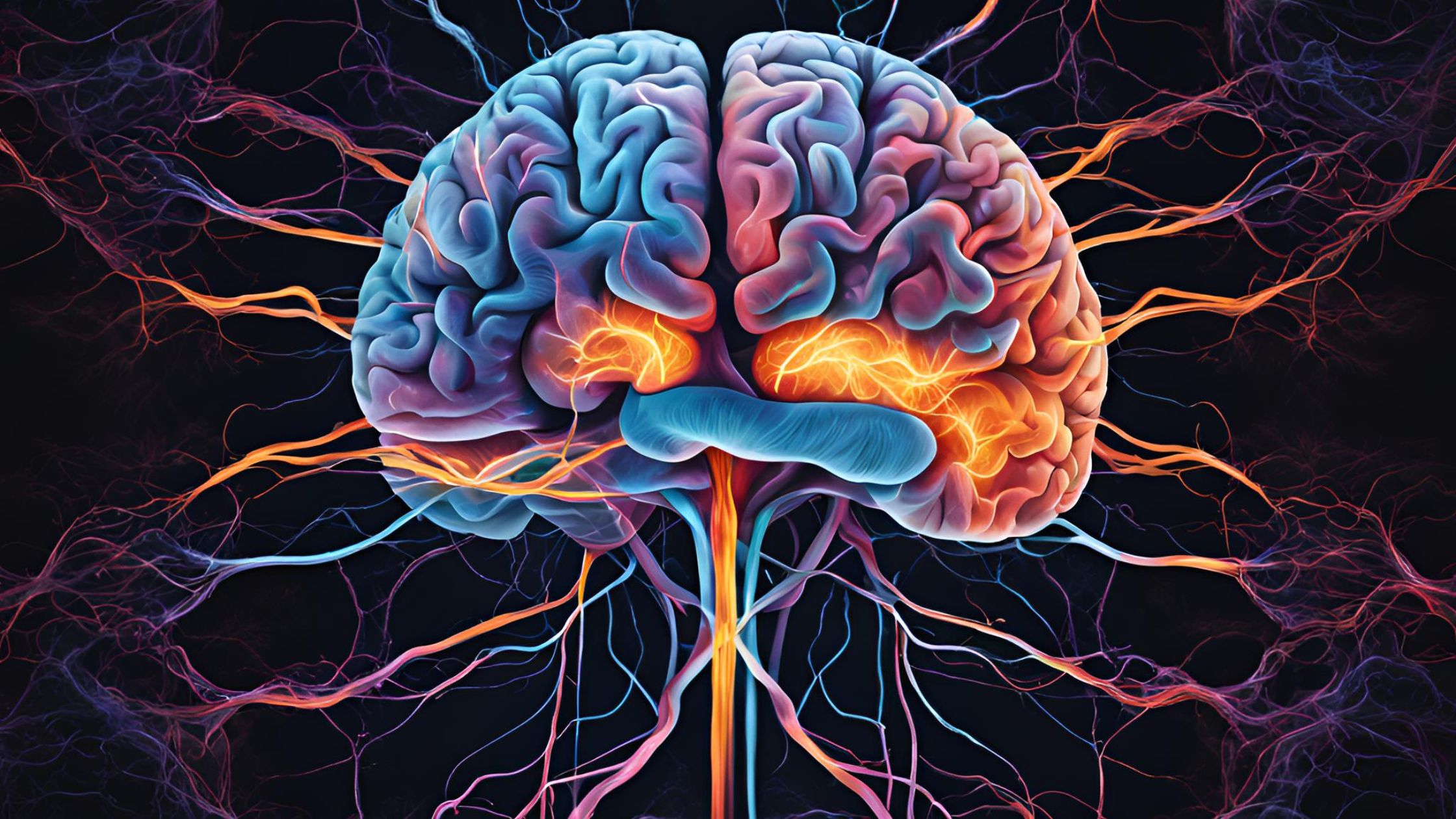Neuronal Membrane – Components, Movement of ions, The Resting Potential
What is Neuronal Membrane? Components of Neuronal Membrane Cytosol and Extracellular Fluid The cytosol and extracellular fluid are essential environments for neuronal function, as they provide the medium for the movement of ions, which generate the electrical signals vital to neuron activity. The presence of water, along with ions dissolved in it, plays a critical … Read more
